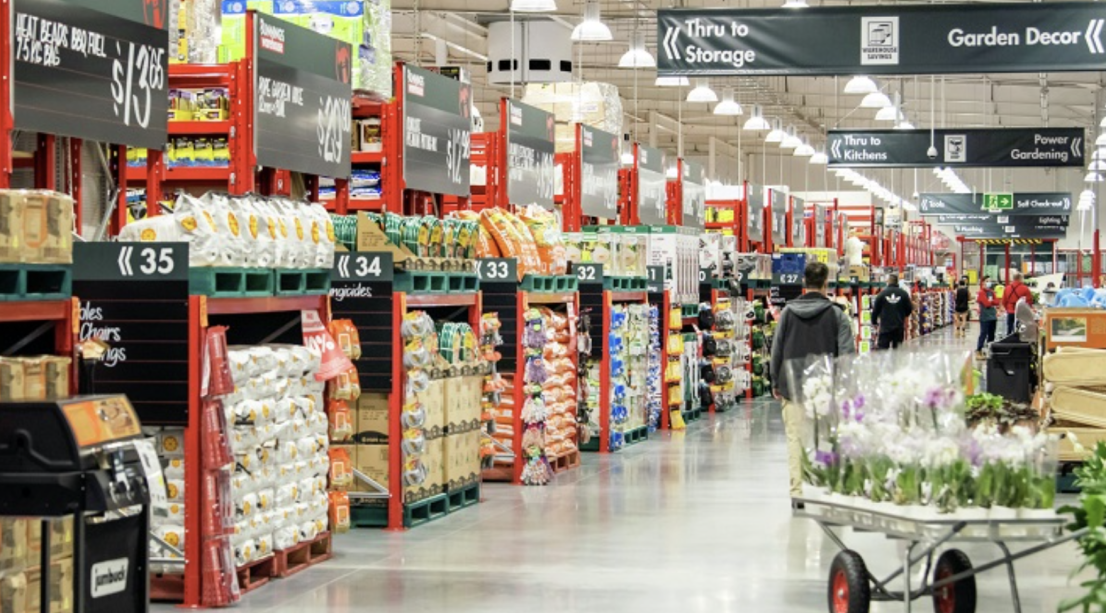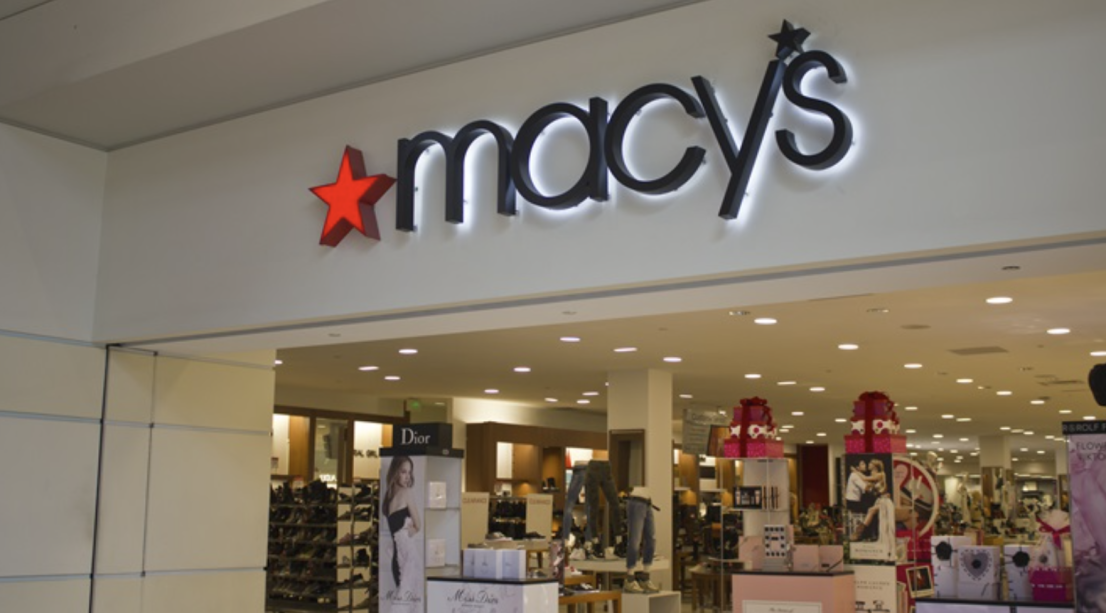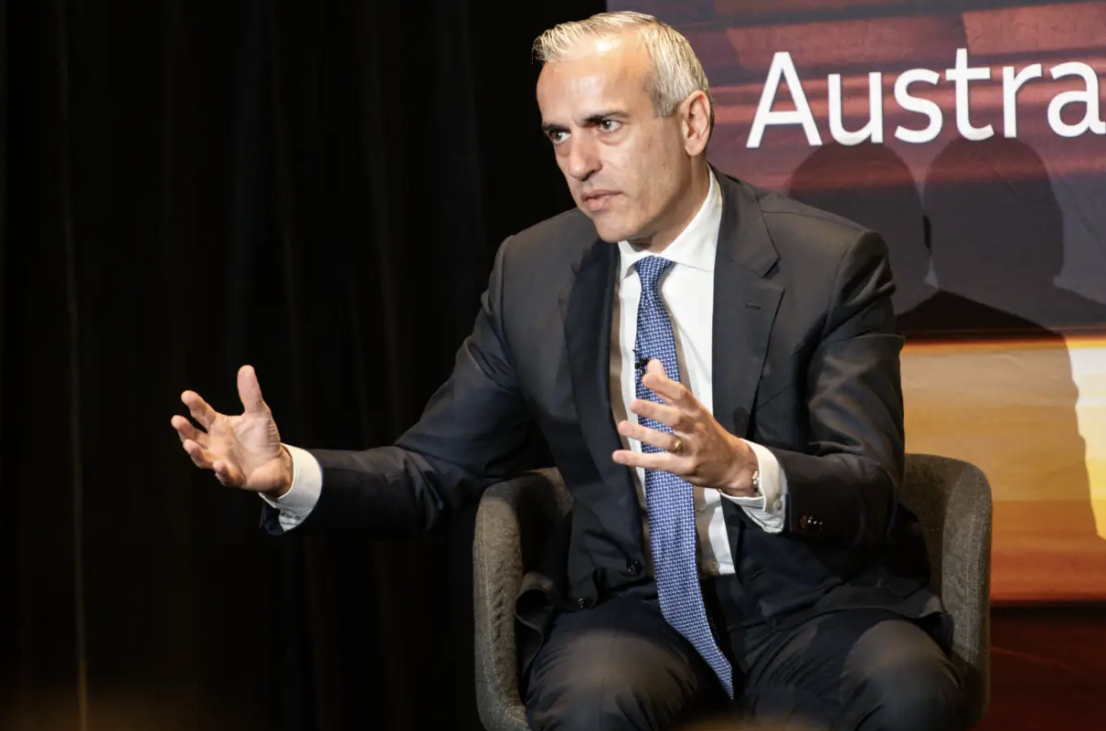
Ultra-cheap Chinese fashion retailer Shein’s local operation has raked in nearly $1 billion in sales and tripled its profits in 2023 as cost-of-living pressures drive budget-conscious young parents to the fast-fashion behemoth to fill their wardrobes.
According to documents filed to the corporate regulator, Shein’s revenue hit $978.9 million and generated a 307.7 per cent lift in profits to $10.6 million last year, making it one of the biggest clothing retailers of the country since its entry into the Australian market less than three years ago.
Roy Morgan retail and consumer trends expert Laura Demasi said the growth of the ecommerce player, which has become a global phenomenon for selling huge volumes of clothing priced at a few dollars, had taken the Australian market by surprise.
“Few in the retail scene and more broadly in business would have ever predicted that a retailer of this nature – ultra-cheap, fast fashion from China – would have established a foothold of this magnitude in Australia,” she said.
“They come in at a time when retail is under immense pressure, and then they buck the trend and go in the opposite direction and grow. That is extraordinary.”
Roy Morgan, which has been tracking the growth of Shein as well as rivals Temu and Amazon Australia, estimates that 800,000 Australians are shopping with Shein a month. In a few short years, an estimated 70 per cent to 90 per cent of online shoppers have become aware of Shein and Temu, with 20 per cent of online shoppers having tried Shein at least once.
“The brand awareness is pretty extraordinary,” said Demasi. “[Shein has] about the same awareness that The Iconic has. The only [businesses] that have higher brand awareness are David Jones, Myer, Kmart – their brand awareness is like 90 per cent, just to put that into context.”
Women’s clothing comprises the majority of Shein’s sales, with customers flocking to the online site for its breadth and range of products and free and fast delivery.
Key demographics that make up Shein’s customer base are families with children aged under 16, which represent just over a third (34.2 per cent) of shoppers despite only being 23 per cent of Australia’s population. This demographic has also pulled back more significantly on discretionary spending such as clothing, making Shein appealing as an affordable option.
“This is a cohort in the population which is most under pressure right now. They are always under time pressure, so the convenience of online shopping will always be attractive to parents of young children. Particularly right now, they’re under pressure financially,” Demasi said.
Another key demographic for Shein is those who live in larger households of five people or more, making up 23.3 per cent of Shein shoppers, according to Roy Morgan.
“Five years ago, this economic climate looked different; I don’t know if we would have seen this phenomenon. It’s definitely created a landscape where a platform like Shein with an offer that we’ve never really seen before, really ultra-cheap clothing, has thrived,” said Demasi.
However, despite Shein’s popularity, one in 10 shoppers say they wouldn’t shop there again amid concerns about low quality and ethics.
The retailer, which according to ASIC documents has five Australian employees, paid $4.56 million in tax in 2023, up from $1.13 million the prior year, with $16 million cash in the bank.
It has listed a coworking space in Melbourne as its registered office, and senior branding specialist Jie Ji is listed as the company’s sole director.
Shein did not respond to requests for comment.
Shein was founded in China in 2008 and became the world’s largest fashion retailer in 2022. The company is headquartered in Singapore. The combined net worth of its four founders – chief executive Xu Yangtian, Molly Miao, Gu Xiaoqing and Ren Xiaoqing – was estimated at nearly $US40 billion ($62 billion) in late 2022.
Key to the company’s success is the speed of its algorithms, which pick up shifting consumer tastes and preferences and adjust supply chains almost instantaneously using artificial intelligence.
Shein has attracted criticism for its poor labour conditions in factories it partners with, overproduction of poor quality garments and the use of cotton from a Chinese region accused of using forced labour.
The Chinese giant, which was initially looking at an IPO in the US, is reportedly days away from confirming it will float on the London Stock Exchange.
The rapid growth of Temu, the online megastore that sells general merchandise including kitchen appliances, electronics, tools, car accessories and novelty items, has also forced Shein to start expanding its range of products outside women’s clothing and is courting brands such as Colgate-Palmolive and toy maker Hasbro, Reuters reported.
“We expect their revenue to grow into the future purely because they’re selling more and more types of categories,” said Demasi.




















